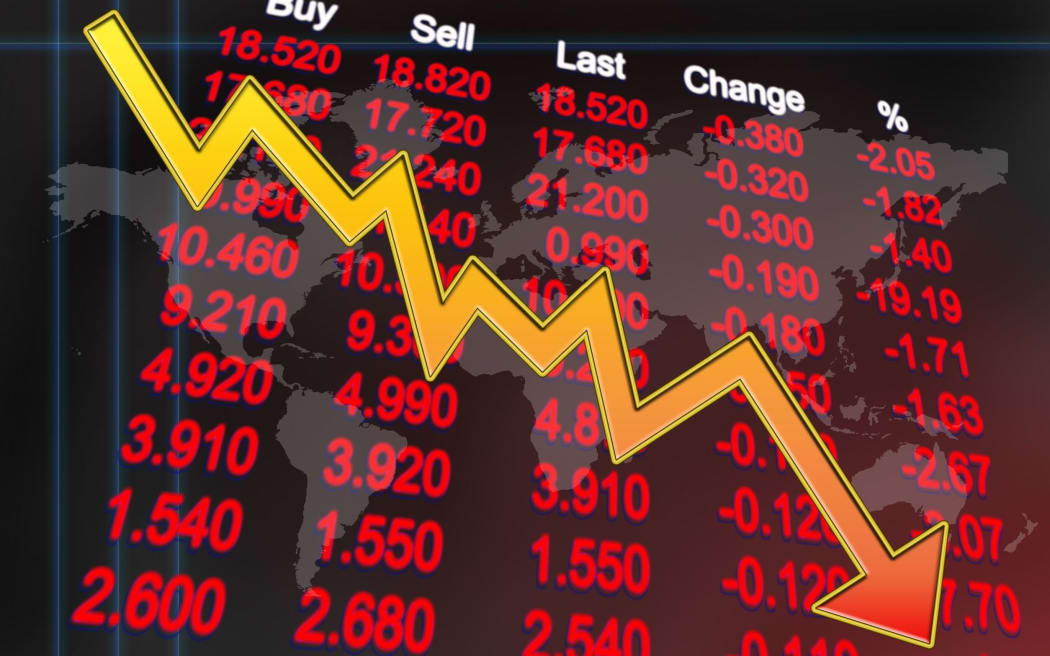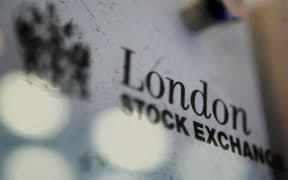Brexit - Warnings that New Zealand is in for a bumpy ride as Brexit plays havoc on financial markets are being dismissed by two major banks as fear mongering.

Photo: 123rf.com
Berl chief economist Ganesh Nana has warned the country is not well prepared for the turmoil being unleashed by Brexit and the road ahead would be "hair-raising."
But ANZ and ASB bank economists say the extent of the financial upheaval is not yet clear and New Zealand is well placed to withstand turmoil.

Dr Ganesh Nana, Chief Economist at the consultancy BERL Photo: Supplied
Dr Nana said New Zealand's relatively high interest rates would make the New Zealand dollar even more attractive to investors seeking a safe haven. That would will push up the exchange rate making exporters less competitive.
"The world is not going to be a happy place from an economic perspective. That's going to make business in New Zealand just that little bit more difficult."
It would be silly to gloss over the impact that Brexit could have on the economy, Dr Nana said.
Earlier this month the Reserve Bank warned the exchange rate was already too high and the weak global economy was at risk of sliding further south.
See full coverage of the vote
While Brexit had the potential to tip the world into upheaval it was too soon to make that call, ANZ chief economist Cameron Bagrie said.

Cameron Bagrie Photo: RNZ / Alexander Robertson
"The global economy is very clearly vulnerable. Now whether Brexit et al sets off a chain of events that involves a bit of a world correction is the million dollar question.
"At this stage I'd still be a little bit careful because these things can become self-fulfilling, a sort of Chicken Little comes out to play," Mr Bagrie said.
ASB chief economist Nick Tuffley said the current volatility could not be compared to other major global financial shocks.
"We've had periods in the past where we've seen a lot pressure come through, so even though we've got a lot of market volatility, and it is impacting on credit risk premium, it doesn't seem to be anywhere near the sort of severity that we saw during the Global Financial Crisis or even the European debt crisis," he said.
New Zealand was well placed to withstand any turmoil, both bank economists said. What was less clear, was the impact the impact Brexit might have on exports.
The NZIER estimated exports to Britain could drop by $190 million a year.
Beef + Lamb New Zealand chief executive Sam McIvor is confident quotas will be retained, but less confident on prices.
"What we are more uncertain about is just where that product will go and the value of that product. In the case of the New Zealand dollar strengthening against the euro or the pound, that is likely to have an impact on our sheep meat returns," he said.
A stronger kiwi and a weaker pound or euro would mean New Zealand exporters and farmers would get paid less for their meat.
Westpac said a large drop in the pound, combined with a weaker British economy, could mean fewer Brits visit New Zealand - and there were 90,000 of them last year.
Fonterra was worried about currency and market volatility too, but it said only 0.26 percent of New Zealand's total dairy exports went to Britain, while 2.8 percent went to the EU.
While Brexit was unlikely to have a major impact on the co-operative's exports it had business ventures in Lithuania, Britain and a factory and partnerships in the Netherlands, so trade between those countries could be affected.
Some economists said the Reserve Bank was now more likely to cut interest rates in August, with a few even picking it to fall below 2 percent, from the current 2.25 percent.
But jittery financial markets might also increase banks' funding costs, meaning mortgage rates would not be cut, even if the Official Cash Rate was lowered.






